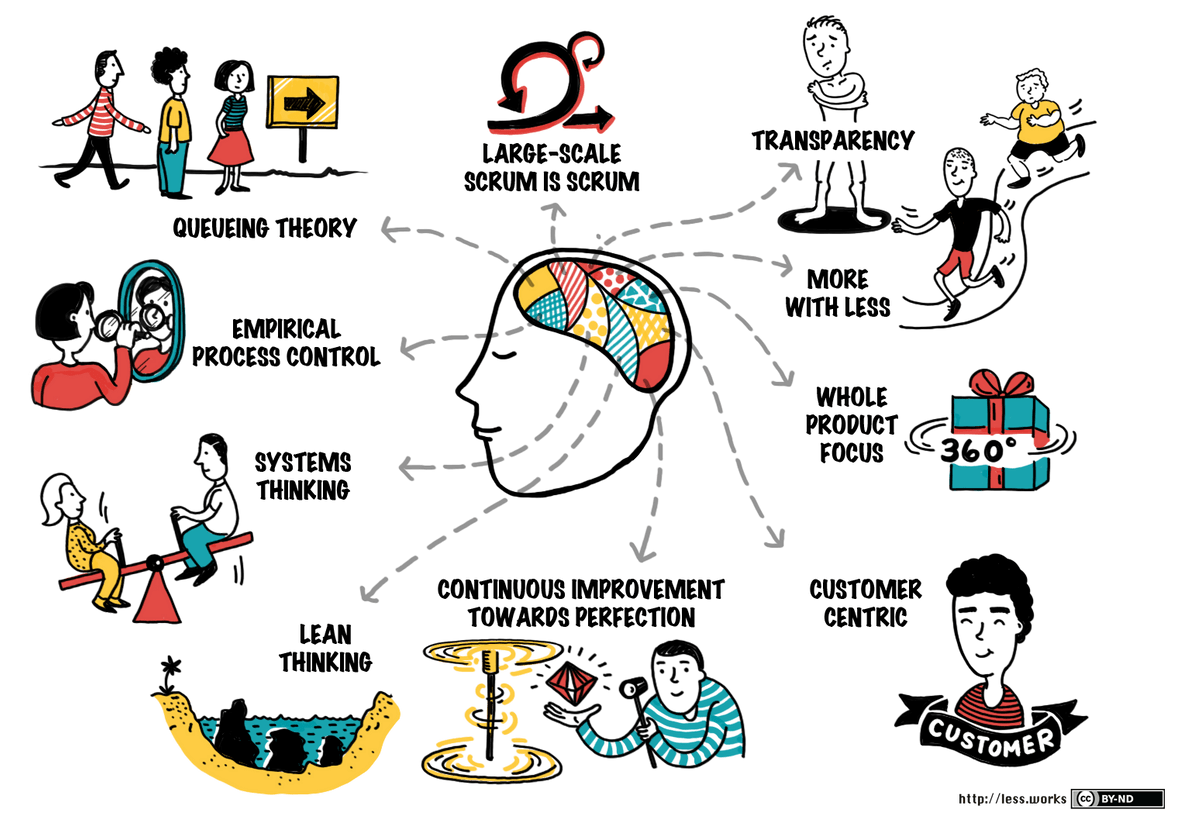

Humane Waste
Making sense of American busy work
- Sign Up
Preview material from Humane Waste: Making sense of American busy work.
About the Author

Charles Pritchard
Data Janitor in Business Anthropology
Charles Pritchard is authoring the book Humane Waste: Making sense of American busy work and completing a degree in Integrated Social Sciences at the University of Washington with prior experience at Oregon State University in Communications and Anthropology. As a student he has examined social phenomenon, through quantitative surveys to ethnographic research, from business anthropology to political representation. He continues to explore the intersection of data science and linguistic anthropology.
As a software developer has progressed over two decades from basic chat bots to big data projects, working in startups and large American corporations. While professional employed as a software developer, he continues to pursue economic anthropology though the examination of the stated goals of American corporations in relation to profit-making and innovation. He presently resides in Seattle, Washington.
Introduction
"The greatest waste in America is failure to use the abilities of people" -W.E. Deming
What makes waste inhumane?
"That's not work, it's toil", my mother said to me as we discussed the physically exhausting and psychologically monotonous work of toll road cashiers. Why do we subject ourselves and others to ill-health and unnecessary expense?
We seem sabotaged in our pursuit of healthy living, captured by incoherent decision-making. Join me in a conversation about evidence and experiments in the management of human performance.
An appeal to collaborative adulting
Groups of self-managing teams are the most adaptive form of collective action. Clear thinking and engaged teams reduce wasted effort and reveal missed opportunities. Well intentioned management fall aparts without feedback then poor decision-making misleads goal pursuit.
Managers habitually perform as Managers of People not Managers of Problems. Management turns into a manager role: organize and separate priorities, shield teams from distractions; optimize process into a rigid, tested and explicit way of working, so that team roles are interchangeable and scalable.
Assumptions drive our decisions and shape our memory
Common sense, intuition and measurements are embedded with assumptions and cemented in context. Evidence and diversity help make assumptions explicit, so we are more able to adapt to novel situations and less likely to be mislead by predictors and experimentation.
Patterns of cognitive bias and other dysfunction are completely normal in human performance;
poor productivity, waste within corporations is a symptom of those patterns and contributes to human suffering. Expertise in computational models and social sciences help people reintegrate observations of complex systems and their drift from an intrinsic and abiding respect for human beings.
Principles
Continuous Learning
By demonstrating the processes that propel innovation, and setting aside the resources sufficient for sustained productivity, we can work toward improvement and avoid wasted efforts, blind spots and poor assumptions.
How To Improve. Institute for Healthcare Improvement, shows a model culture of continuous improvement for better outcomes in management.
Goal Oriented
Cross-functional team learning at the job site are able to quickly experiment on how to deliver value using time-boxed performances.
The Nordstrom Innovation Lab showcased a 2011 one-week team-effort to improve the experience customers have when shopping for sunglasses.
Multi Skilled
Research in software development has brought together an array of disciplines to form the delivery of responsive and problem-oriented solutions.
Multi-skilled individuals engage as parts of fully-abled teams, consistently approaching the highest priority experiments in innovation.
The Large Scale Scrum framework makes several suggestions for aligning knowledge workers to customer interests.
Science
Integrated Social Sciences
Integrated social sciences (ISS) brings empirical studies of individuals and groups, gathered from the interactions from a particular time and place, into a framework of description and analysis . Where limitations of research in physical sciences may be moved by technological improvements in instrumentation, the reproduction of physical interactions, such as in a game of billiards, is simply infeasible when working with the the unique state of individuals and groups, those complex adaptive systems known as “human beings”.
Well-intentioned (and some not-so-well intentioned) structures in modern human society have inadvertently sabotaged their own well-being, as a necessary consequence of normal human behavior and the cognitive biases we all face. For this work to be useful to the visitor, it must provide strong references to other works, to both demonstrate credibility but also to engage in existing discourse. The work must also be accessible, through excellent presentation and available interaction with the author (me) or association with another place of conversation (the Internet)
Essays
Excerpts, Drafts, Letters and Abstracts
The presentation and associated essay bring together observations on organizational dynamics from a variety of far-more-experienced practitioners of productivity and survivors of corporate negligence for audiences that work in corporate environments seemingly devoid of reasonable decision-making and reliable corporate memory.
In this spanning collection of concepts and case studies the author argues that the narrative of scarcity is an archaic construct peddled by some economists in the interest of social conservatism to the detriment of productive efficacy in the modern world. Expanding upon scarcity as a maladaptive organizing principle, the author explores psychological and sociological considerations of innovation and case studies in mismanagement through scarcity thinking, ultimately suggesting an alternate narrative: abundance.
With a proven record of reliable and effective care, Harvard University along with Partners In Health has demonstrated a method for delivering quality health care to weak states; this open letter suggests a significant resource contribution from Harvard Corporation be allocated to transform current work in Haiti. This would reasonably lead to multiplying effects and a foreseeable return on investment in the development of talent, knowledge and economic assets.
There is widespread acceptance of ways in which unhealthy weight can be reduced through public health programs. Further work must be undertaken to understand how weight-loss in early childhood can be accomplished, between the dynamics of parenting and school care. Through all of this, public opinion must be swayed toward primary health care systems, and regulations that combat the influence of corporate marketing on American consumers around body image, weight maintenance and dietary consumption
Drawing influences across social science disciplines, these keywords develop a framework, a context for further discussion.
Observations used in decision-making
Statements about the availability of resources
Techniques for reducing efficacy
Commitments to future interaction
Processes of communication and assumption
These annotated bibliographies capture some of the more salient publications that may accompany my essays and other writings.
In American capitalism, justice is green
Our view, however clear, is a distorted one
Folk ought to learn throughout their lives
Collective action encouraged through stories
Adopt a Writer
This book is still under development, sign-up to be notified of new material and upcoming events
Copyright © 2018 Charles Pritchard. All rights reserved.


![(How to Improve by the Institute for Healthcare Improvement, showing the Plan, Do, Study, Act cycle; Figure 1.1. The Model For Improvement [Colorized]. The Improvement Guide, p. 24) (How to Improve by the Institute for Healthcare Improvement, showing the Plan, Do, Study, Act cycle; Figure 1.1. The Model For Improvement [Colorized]. The Improvement Guide, p. 24)](http://custom-images.strikinglycdn.com/res/hrscywv4p/image/upload/c_limit,fl_lossy,h_9000,w_1200,f_auto,q_auto/1537336/unnamed_otzzel.jpg)
